Balsamic vinegar /Aceto Balsamico/ ranks high among the most valuable and most expensive products in the world. Originates from Modena in northern Italy. The original vinegar is made there, and nowhere else in the world. Balsamic, as many people call it is a culinary delight with which the Italians know very well how to pamper your taste buds and to spread their culinary masterpieces worldwide.
Balsamic vinegar is popular worldwide, but unfortunately is not affordable for most people. However, culinary experts fully agree - balsamic is among one of the most precious gifts of true Mediterranean cuisine.
The technology of production of balsamic vinegar is very complex. Grape molasses needed to make it is aged in barrels for 15-20 years. Vinegar undergoes fermentation.
Every year, they decant the liquid from the larger to a smaller barrel, which gives it the characteristic intense vinegar aroma. Manufacturers claim that vinegar should be placed first in chestnut and then in oak barrels, which can be stored in warm rooms.
With aging, balsamic vinegar becomes more aromatic. It complements the taste of herbs, anise seeds, dill, parsley and many others.

History of Balsamic Vinegar
In Modena, they were aware of the valuable qualities of Balsamic Vinegar in the early Middle Ages. There are versions from 500 years ago, that speak of balsamic vinegar from Modena and technologies for manufacturing. A story tells of the Duke of Modena, Francesco IV, which never departs on a journey, without several bottles of balsamic vinegar. Another interesting fact is that both rich and poor in those days had a dish with balsamic vinegar, which is passed from mother to daughter as the most personal gift.
Balsamic vinegar has a low content of alcohol, is made from sweet grapes and wine vinegar. Its taste is enriched by various herbs that make it a complete culinary masterpiece. Over the years, the Italians’ recipe is spread throughout Europe, but notice – there is a consortium "Balsamic Vinegar of Modena", which brings together the most important and oldest producers of balsamic and protects the name and local traditions of production in Modena around the world. The consortium offers its customers a guarantee that products sold are from original members and high quality.
Composition of balsamic vinegar
Balsamic vinegar is rich in antioxidants, polyphenols, bioflavonoids, sodium and potassium. It has no cholesterol and fat, making it a great ingredient in diets for weight loss.
100 g balsamic vinegar contains 88 calories, 17 g carbohydrate, 0.49 g protein, 14.0 g sugar, 0.13 mg manganese, 0.03 mg copper, 27 mg calcium, 19 mg phosphorus, 0.08 mg zinc, 0.72 mg iron, 23 mg sodium, 112 mg potassium.
Selection and storage of balsamic vinegar
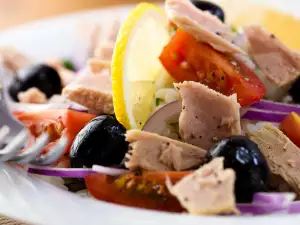
You'll know the true balsamic vinegar by its tremendous cost. In some cases the price reaches over $70 (50 Euro) for a very small amount. Balsamic vinegar is sold in bottles with pear shapes. There are several types of balsamic vinegar, which is recognized by the ethics of the bottle. Balsamic with red label means the vinegar is 12 years old, silver label - 18 years, and a gold tag represents 25-year old vinegar.
There is a classification of balsamic under the cap. White cap means that the 12-year and the 25-year old’s cap is colored magenta. With these signs and the price, you will naturally recognize quality balsamic vinegar. Store the vinegar in a sealed bottle.
Of course, a cheap imitation balsamic vinegar can be found in the market at an affordable price, but in reality they have nothing to do with quality products that represent true balsamic vinegar.
Balsamic vinegar in cooking
Do not use balsamic vinegar during cooking and add it to the already prepared meals. Put just a few drops, because the flavor is very strong and in large quantities would not be pleasing to the senses.
Balsamic vinegar is a suitable addition to any vegetable, highlights the taste of meat dishes very well and in general aspect lends an elegant sophistication to culinary works. The taste of vinegar is a great addition for salad dressing and different gourmet sauces. This might seem strange, but it highlights the flavor of fruits like strawberries, peach and raspberry.
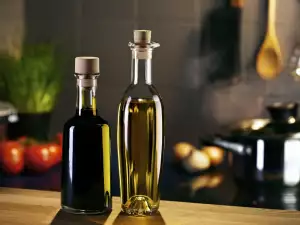
Benefits of Balsamic Vinegar
Balsamic vinegar is an excellent source of antioxidants. It is high in bioflavonoids and phenolic compounds. They have many health benefits - reducing the risk of heart disease, improving your mental state, helping to prevent diabetes, cerebral infarction, reduce the likelihood of Alzheimer's, help regulate blood pressure. It is believed that the balsamic vinegar reduces the risk of oncological diseases, reduces the risk of osteoporosis, and has a positive impact on skin appearance.
Other important benefits of consuming balsamic vinegar is the reduction of excess weight. It can be used in slimming diets because polyphenols in it work with a dual mechanism - improving insulin resistance and inhibiting lipogenesis.
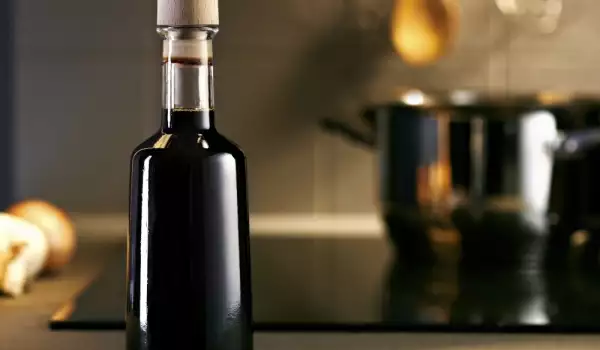
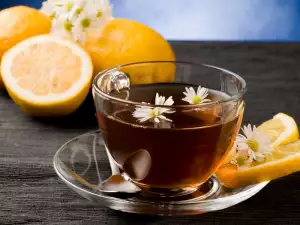
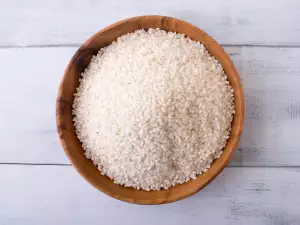
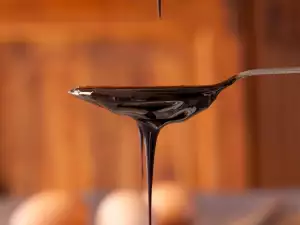
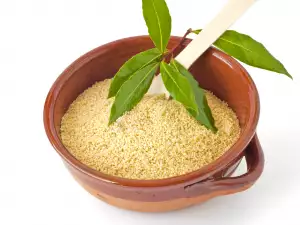
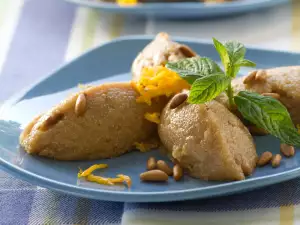
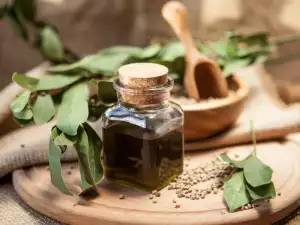

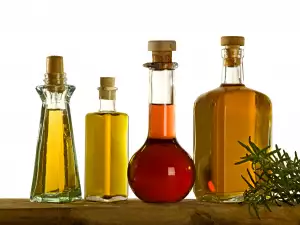
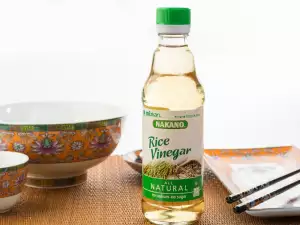
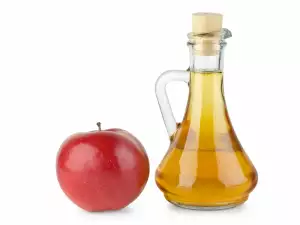
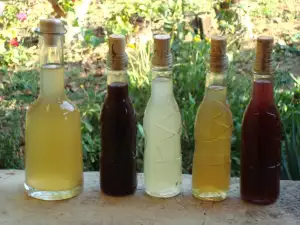


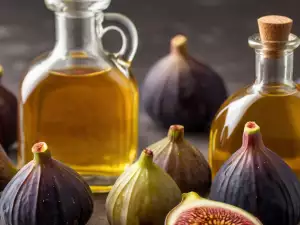




Comments